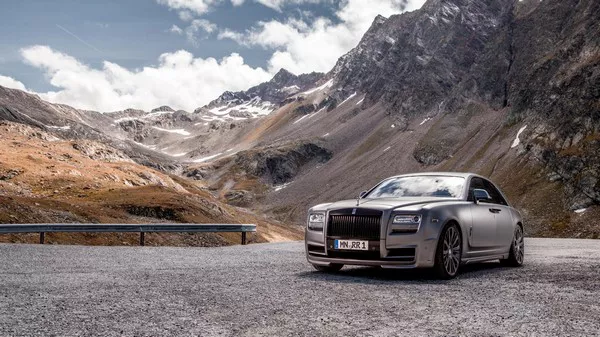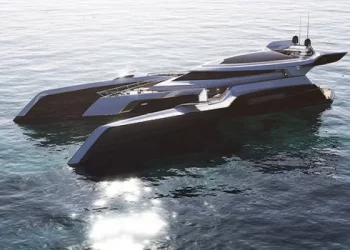Does hybrid power belong to new energy vehicles?
“Hybrid electric vehicle” belongs to “energy-saving vehicle” and does not belong to “new energy vehicle”, but “plug-in hybrid electric vehicle” belongs to new energy vehicle.
Hybrids are those that use conventional fuel, coupled with an electric motor/engine to improve low-speed power output and fuel consumption.
According to the different types of fuel, mainly can be divided into gasoline hybrid and diesel hybrid two.
In the domestic market, the mainstream of hybrid vehicles is gasoline hybrid, and the international market diesel hybrid models are also developing rapidly.
The Development Plan for Energy Conservation and New Energy Vehicle Industry (2012-2020) issued by The General Office of the State Council (hereinafter referred to as the “Plan”) makes it clear that hybrid electric vehicles are energy-saving vehicles, not new energy vehicles.
“Energy saving and new energy Vehicle Planning” divides the development of the two types of vehicles into the industrial cultivation period and the industrial maturity period. It is clear that the industrialization and marketization of new energy vehicles are still restricted, and energy-saving vehicles are more prone to large-scale commercial application.
The “plan” makes a strict distinction between new energy vehicles and energy-saving vehicles.
Hybrid cars are classified as fuel-efficient.
According to the “plan”, new energy vehicles refer to the use of new power systems, completely or mainly rely on new energy driven cars.
It mainly includes pure electric vehicles, plug-in hybrid electric vehicles and fuel cell vehicles.
The energy-saving vehicle refers to the vehicle with internal combustion engine as the main power system and the fuel consumption in the comprehensive operating condition is better than the target value of the next stage.
The “target value for the next stage” mentioned in the “Plan” means that by 2015, the average fuel consumption of passenger cars produced in that year will be reduced to 6.9 liters / 100 kilometers, and the fuel consumption of fuel-efficient passenger cars will be reduced to less than 5.9 liters / 100 kilometers.
The advantages of hybrid power: 1. The maximum power of the internal combustion engine can be determined according to the average power required after hybrid power is adopted. At this time, it works under the optimal condition of low fuel consumption and less pollution.
When the power of high-power internal combustion engine is insufficient, it is supplemented by batteries.
When the load is low, the surplus power can be generated to charge the battery, which can be continuously recharged because the internal combustion engine can continue to work, so its journey is like that of a normal car.












































